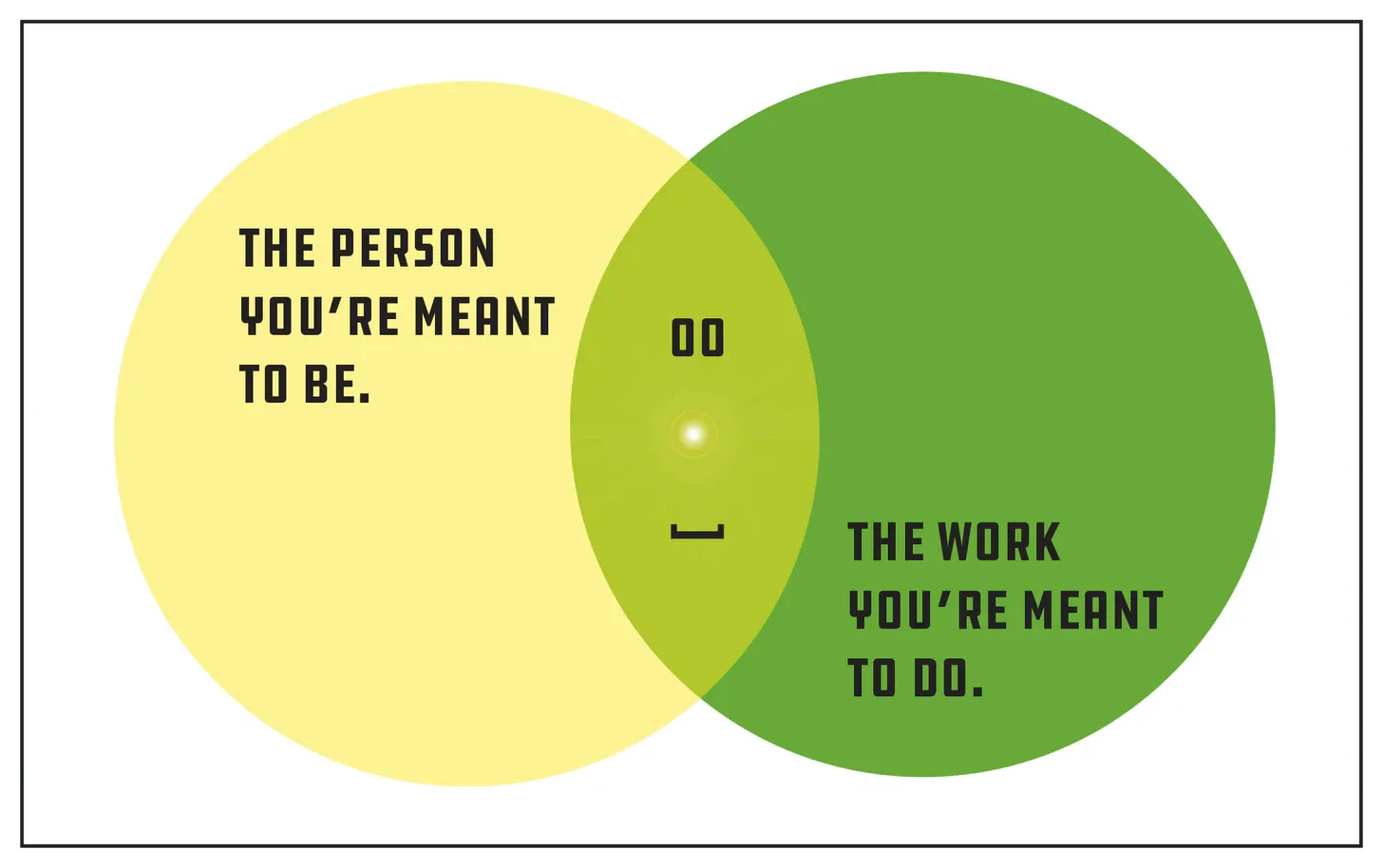We're doing it wrong
Doing it wrong is the theme that's surfaced over the past couple of weeks. From education to how we take notes and write and work, we're doing it wrong. And have been for a very long time. Or maybe not totally wrong, but not as well as we could be doing.

Let's start with education.
In early days (many, many moons before the printing press). we passed knowledge on through stories. That's how we learned. How we shared. And then we industrialized education. Standard tests, formulas, curricula. Put everyone into a box and ensure they're equipped to pass tests that prove . . . they can pass tests. Supposedly designed to demonstrate knowledge. Yet prepping for a test means cramming your brain with information that's lodged into your short term memory which you use for the test and then discard it. That's not learning. That's not how we learn.
Ana Fabrega was teacher who noticed, left traditional elementary school teaching and became and edupreneur.
The traditional approach of modules in a linear fashion isn't conducive to learning. Better to intentionally create variations and contrasts because our brains are wired to notice what's different. Comparing differences is how we figure things out.
Cramming doesn't work either, outside of getting through a test. And even then, not the best approach. You can't hammer facts into your head and expect them to stick. You have transfer knowledge to long-term memory. You have to learn how to retrieve information
"We focus on the wrong things [in teaching] because we have the wrong incentives in place" - Ana Fabrega
Kids are curious, smart and complex. They need space to explore what interests them, explore their creativity. That's how they best learn.
General knowledge we test for can be looked up on the web. Kids can (and do) watch YouTube videos to figure most anything out. Rote education is a disservice.
Ana believes school should be the place where kids can ask many questions and it be okay to fail. To be pushed to explore. Not chided and forced into the edubox.
Just as your success today requires you to think differently and creatively, teaching kids thinking and decision making skills is important for their future success.
How much time have you spend learning how to think better and make better decisions? Probably not a lot. You likely have gone through life making decisions the best you could. Some worked. Some didn't.
Imagine if decision making were your superpower? How would that change your approach to work?
Let's talk about how you take notes
I recently finished "How to Take Smart Notes" by Sonke Ahrens. In this book he teaches us the method designed by Niklas Luhmann, one of the most prolific sociologists around. By the time he passed he'd published over 70 books and 400 academic articles on subjects ranging from law to love. His method is the slip box in which he takes notes, links them together refers back to it whenever he wrote. It was his store of ideas and connections. Rather than a series of linear notes, the connectivity of the notes allowed cross pollination of ideas.
I started using this software discussed in the book to create my own digital slip box. I like the search ability. Much more accessible than all of my random moleskins in the analog world and Evernote lists in digital. Although Evernote is at least searchable. What makes this 'smart' approach work are the interconnections you can make between the notes. Almost like pursuing the stacks in a library and stumbling on something you hadn't thought of.
I'm now wondering if this helps correct for how superficial the internet has made us. I'm thinking this will become my second brain although Tiago Forte has a whole course I recently learned about around 'building a second brain' that may be worth exploring too. Right now, I’m going to give this approach a strong go before considering anything additional. But it may just what you want!
The key takeaway is to make information capture and retrieval effortless and second nature. It's a way to curate what matters to you and your work. And therefore amplify in less time what you're able to create.
We're so lucky to live and work today with the tools we have for nearly free at our disposal.
Each of us can build our own empire from our desks at home. The main requirement - and barrier - is us. We still have to do the work. We still have to show up every day.
Row your own way
Recently we acquired a rowing machine and I started rowing to work on my physical fitness again. I'd read that 20 minutes of daily rowing is all it takes for a significant impact. I'm in my sixth week of rowing and haven't missed a day because it's hard to:
A) make an excuse when it's in your basement
B) make an excuse you don't have the time
20 minutes is nothing. The results haven't been dramatic but I'm starting to see them. Slow and steady and the impact builds.
That's the way it is with training your brain to do the work.
Making change to make an impact doesn't require herculean effort or time. In fact, big bold bursts often lead to burnout and stoppage. Instead, start small and build from there. Like 20 minutes a day to think. Then 30. Take the long view but never quit.
Last week we saw a particularly egregious example of why multiple revenue streams is important. One day things could be moving along swimmingly and the next, have your work world upended. Those remaining are now fearful they could be next.
Think about what’s in your control

I go back to what you can control. And that's how you think about how you design your work. There’s not one right approach to how you work, how you design your work nor your goals. What matters is that it works for you. Confused as to where to look? Think about the person you want to be - or are meant to be. Then think about the work you want to do - or are meant to do. Where do they overlap? Gold lurks in that spot.
Start small. Start now. Work different
